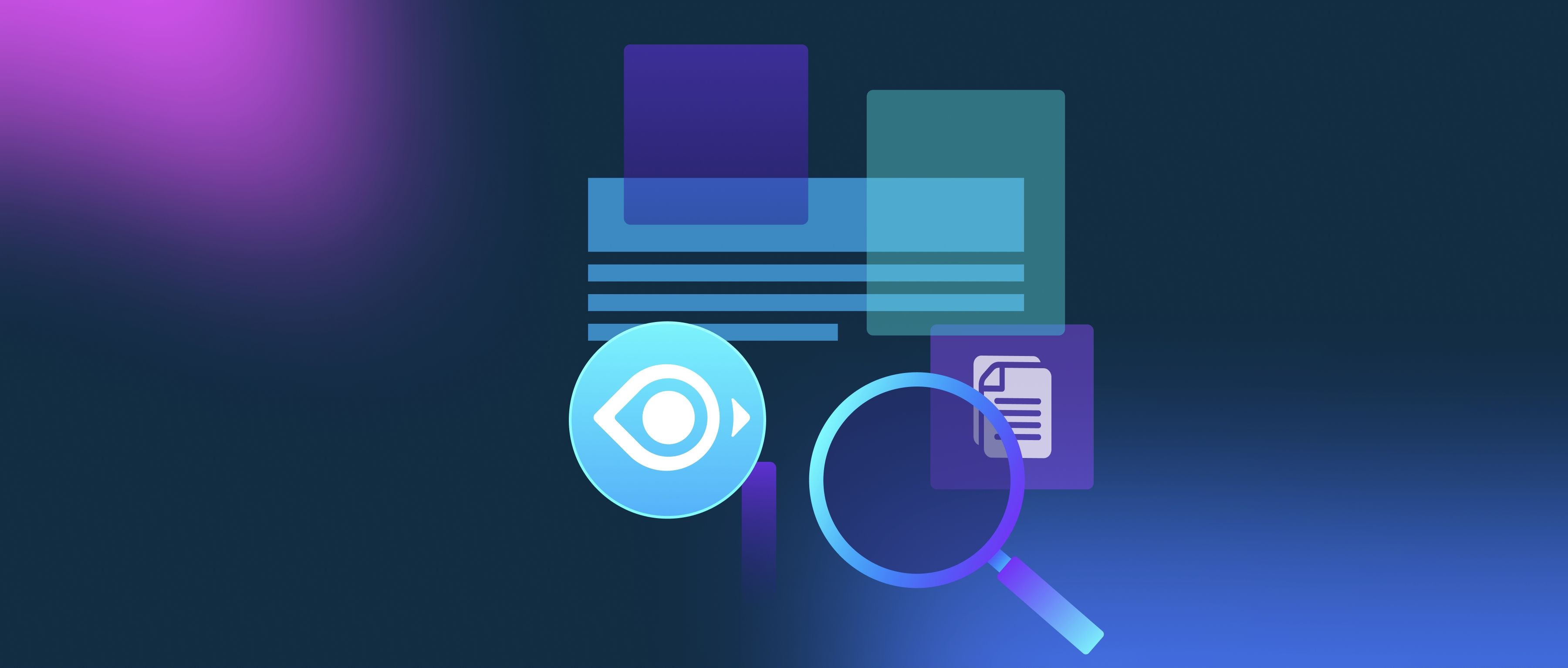NLP drives personalized content generation by analyzing user preferences, behaviors, and interactions to tailor text outputs. For instance, recommendation systems use NLP to analyze reviews or browsing histories and generate personalized product descriptions or promotional messages. Similarly, platforms like Spotify or Netflix use NLP to craft personalized playlists or summaries based on user preferences.
NLP models like GPT and T5 enable dynamic content creation, generating emails, marketing copy, or news summaries customized for individual users. Sentiment analysis and intent recognition enhance personalization by aligning generated content with user moods or goals.
Applications extend to education, where NLP generates tailored learning materials, and healthcare, where patient-specific advice is crafted. Personalized NLP systems rely on robust data privacy and ethical guidelines to ensure trust and transparency. As models improve, NLP will continue to refine how content aligns with individual needs and contexts.
